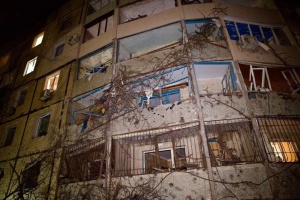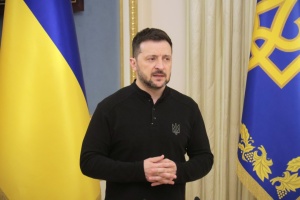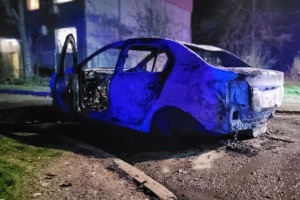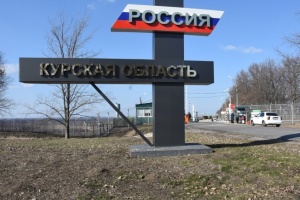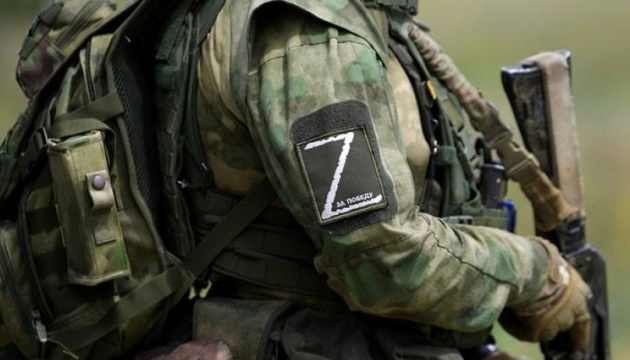
Sexual violence of the Russian army: Woman raped only because she was Ukrainian teacher
When shooting films or writing about sexual crimes, one should do this exactly as the team of the Youth Center of the Atlantic Council of Ukraine did together with the National Academy of the Security Service of Ukraine and the Ground Forces Command of the Armed Forces of Ukraine.

On the one hand, delicately but, on the other hand, frankly enough. Without a shred of exaggeration or understatement.
Recently, the presentation of the film ‘Sexual violence of the Russian army in Ukraine’ has taken place at the National Museum of the History of Ukraine in World War II.
Three short episodes – approximately five cases of tragic situations based on real circumstances and cases of rape, intertwined with international documents and verifiable statistics of such crimes, and comments of the military, which reproduce how and whom the Russians abused.
Three half-hour episodes touch on the extremely complex and dramatic history of sexual crimes, which has already been rethought and partially documented, and on which many more conversations and discussions will take place in Ukraine and abroad. The authors of the film hope that the International Tribunal is ahead.
The presentation of the film started with an introduction to the film crew and ended with an expert discussion. Actually, this is when the comments-testimony of the military were heard about the first weeks of the war on the front line of defense, in front of Irpin, bordering with a beautiful district of newly-built houses. At night, in these houses, one could hear women screaming at first, and then machine guns, followed by silence... Evidence in the film itself can be the intercepted telephone conversations of the security forces, when the occupiers told that the tankers raped a 14-year-old girl and her mother, and Russian women encouraged their husbands to rape Ukrainian women.
WHO AND HOW DID THEY ABUSE?
The film, despite the correctness and restrained wording, gives answers to nearly all questions. Both routine, legal, and military. Sometimes I think it could also be the source of legal martial practice and the basis for a Netflix series. And I would like this film to lead to the desired tribunal for the war criminals who terribly torture men, women, and children in the 21st century.
Since this is the first verified film conversation about rape, we will answer the main questions with actual quotes from the film. When, how, who and whom?
Russians have started to commit sexual crimes since the beginning of the war. From the very start, the film tells the story of how, in 2015, two cars of the Russians, together with the DPR militants, overtook the car of a well-known volunteer (first-person conversation), forced her to stop and raped her. Two crews of orcs were raping the woman (the film shows her in profile), but the guys from the military unit, which the female volunteer was going to, sensing that she was gone for a long time, went to meet her... The film does not give details of her release, but the woman, who had been raped, survived and continues to help the army, and none of her abusers has returned home. By the way, Yevhen Rybalko, the Deputy Head of Bucha Military Administration, attending the presentation of the film, who used to be the mayor of Svatove, also confirmed that, according to his experience, the occupiers had been resorting to rape since 2014.
Despite the drama, in each episode of the film, either in the middle of the film narrative, or closer to the end, there are examples of both the actual punishment of rapists and the idea of the inevitability of punishment.
According to the creators of the film, they began to collect the documentary material immediately after the Kyiv region’s settlements were liberated. But, during eight months as they worked on the film, more and more civilian victims appeared, and the same crimes committed by the Russians against civilians were discovered within the newly liberated areas.
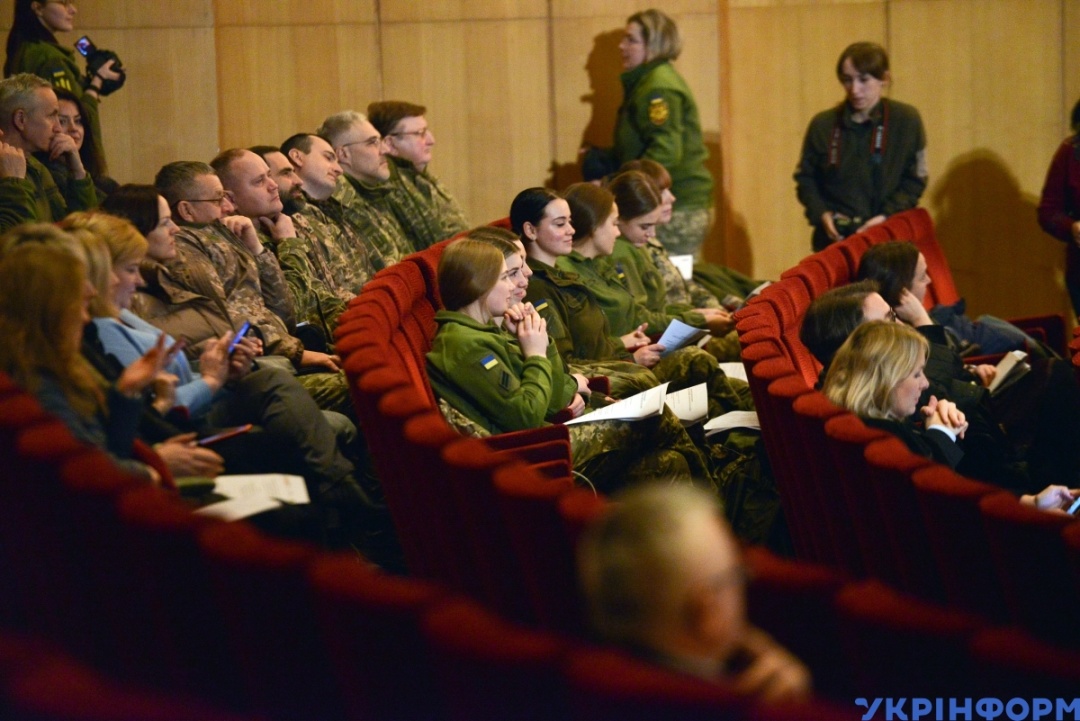
Mykola Liashenko, the Head of Bucha Military Civil Administration, where one-third of communities were under Russian occupation, says that women were dumped in a mass grave after rape. They found the bodies scalped and those with their nails torn out.
The occupiers raped children, girls and boys. They raped women and men. They raped the injured and the dead. And they could do it as a whole unit.
They could come to the basement where women were hiding and offer to choose the one they could rape.
There is the story of how a teacher of the Ukrainian language and literature was raped. Simply because she taught the Ukrainian language and literature.
Women were raped in front of their children, girls – in front of their families, as a conscious act of subjugation. The whole units raped women, having killed men before if they tried to protect them. There have been confirmed cases where little girls died after being raped. The government of the invading state encourages and supports such behavior.
There is an algorithm of actions of the occupiers. First, they conduct a yard tour. Always armed, always with threats. Second, they come again to ask something or take something, and then they choose a victim, threatening relatives, children, parents, and start the process of rape.
In the consolidated databases of Ukrainian human rights defenders, there are over 10,000 flagrant episodes of war crimes related to violence.
We seemed to know about these cases, but now they have been heard from government officials and human rights defenders, so there will be no doubts about their authenticity.
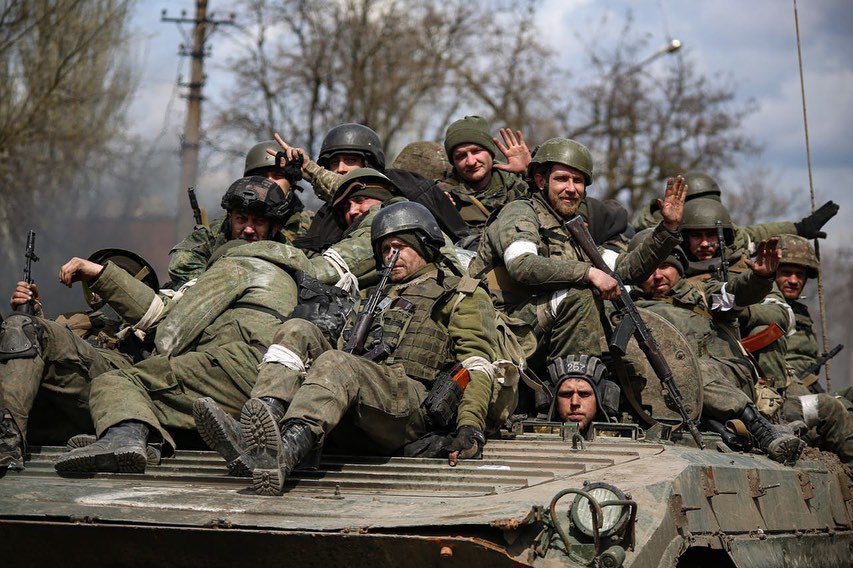
RUSSIANS ARE SAVAGES WHO FOLLOW PRACTICES OF AFRICAN REBELS
The correct idea on the part of the documentarians is to include sexual crimes against Ukraine in the world history of such crimes (this was the third episode of the film). This is sad to admit, but Ukrainians experienced what had happened in Mali, Rwanda, Congo, Myanmar, Bosnia and Herzegovina. The Russian murderers who came here for the purpose of ‘denazification’ are no better than African villains. Denis Mukwege, an African gynecologist and human rights defender, Nobel Prize laureate, who helped women during the wars in the Congo, now helps Ukrainian women.
It is he who says that rape is not intended to satisfy desires but serves as a tool of war. This is dominance, intimidation. This is a humiliation and attempt to paralyze the resistance of the entire community.
Experts believe that the cult of rape is approved in Russian society, where this crime is actually perceived as something normal. Putin is constantly using metaphors of sexual perversion in interviews. Domestic violence is in the traditions of Russians, and military violence is a normal tactic for them.
Writer Slovenka Drakulych told that, during the Balkan wars, there were dark rooms for girls who were raped by Serbian soldiers. Ukraine also knows this.
Oleksandr Pavlichenko, one of the heads of the Ukrainian Helsinki Human Rights Union, referring to the former prisoner of war, told how women were taken from the basement in the Donetsk region, where men and women had been kept, every night as if for interrogation. They were returned in the morning, and they had no traces of interrogations.
The final episode of the film contains the story of a girl whose parents were killed and who was brutally raped by three Russians. She had breaks, injuries, and hardly spoke in the first days after she was released. She was given hormonal drugs to prevent pregnancy, and a psychologist worked with her.
On Easter, before leaving Ukraine with her relatives, she came to the doctor, smiled and gave her an angel. Actually, punishing the guilty and hoping for the best, despite the hard facts, is Ariadne’s thread in this film.
Epilogue
This film is undoubtedly good, both in terms of the depth of the approach and the goal pursued by the authors. In all three episodes, the dominant idea is that Putin should be brought to an International Tribunal for rapists and organizers of abuse.
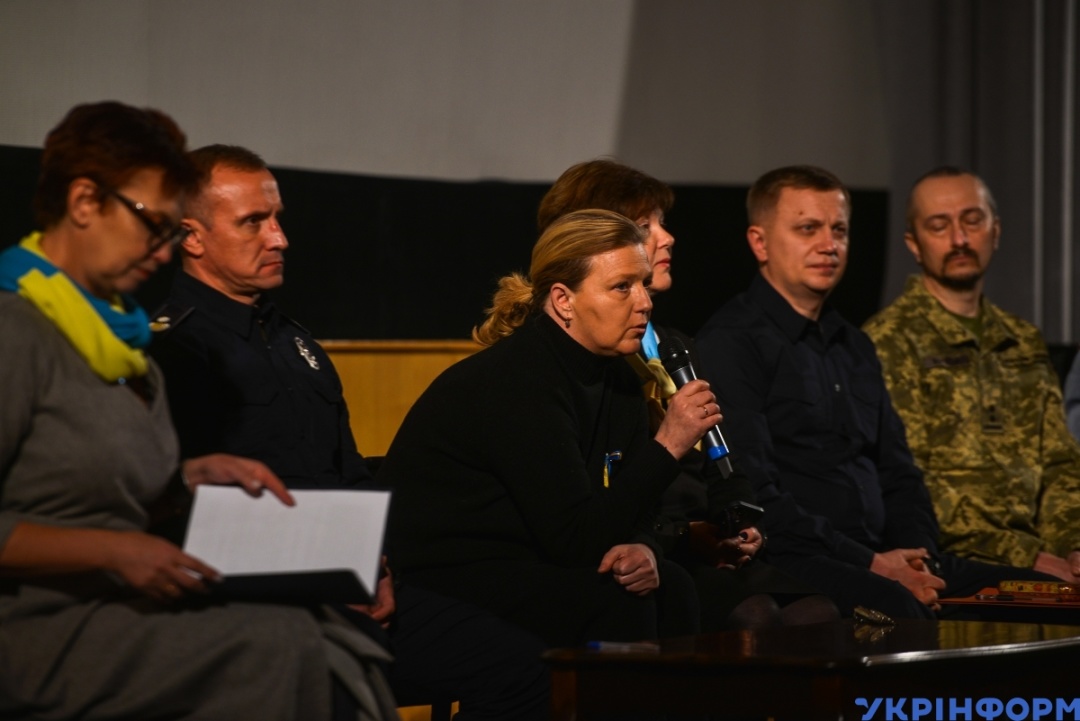
From the beginning to the end, Yuliia Laputina, the Minister of Veterans Affairs of Ukraine, was with the creators of the film and the audience. The extremely appropriate conclusion of this presentation were her words, saying that we should not let the world forget this terrible story, as we once let them forget the Holodomor. We must document everything and testify. And the first attempt was successful.
Lana Samokhvalova, Kyiv

